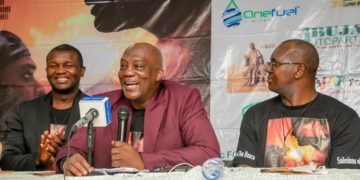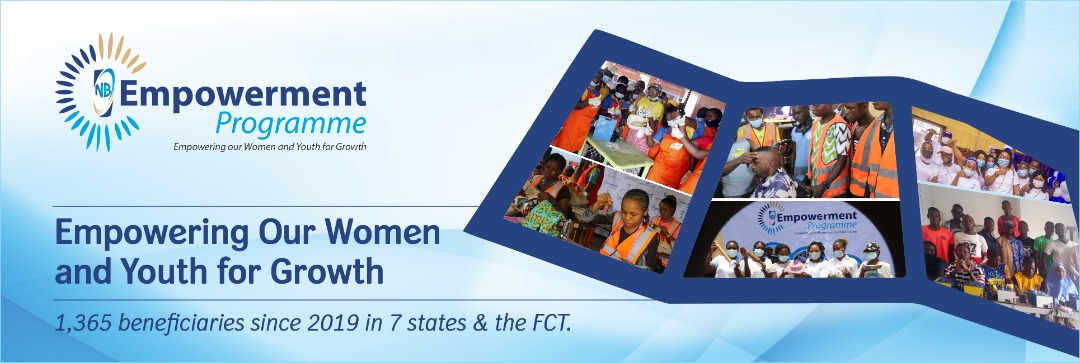Nigerian children have urged the government to address the problems of climate change and economic inequality.
The children who spoke through their representatives from Borno, Yobe, Cross River states and the Federal Capital Territory, after a seminar on climate change and economic inequality organised by the Save the Children in Abuja noted that children in the country have been affected by economic inequality and climate change in many ways.
Leader of the children who addressed the press after the two-day event, Abah Confidence, said they were in Abuja to share experiences, and proffer solutions ‘in our little ways about climate change and economic inequality’
“Climate change is a long-term shift in temperature and weather patterns, a change of weather conditions over a long period. The effects of climate change include drought, flood, air pollution, soil erosion, shortage of food, and poverty,” Confidence, who is also an advocate at Child Right Advocacy Club, Government Technical College Abakpa ,Ogoja ,Cross Rivers said.
According to her, economic inequality is the imbalanced distribution of income and opportunities in our society, it has been a major concern in almost all countries where people are trapped in poverty with few chances to climb the economic ladder.
She noted that economic inequalities lead to slow economic growth and development, food scarcity, poverty, unemployment, insecurity with high kidnapping rates, banditry, theft, and poor education.
Presenting their requests, Confidence said that Nigerian children want the government to implement policies to prohibit indiscriminate tree felling and construct drainages, bridges and dams to reduce the incidence of the flood.
They asked the government to take action against gas flaring and oil spillage to reduce the negative impact on farming and water life, and include awareness programs on climate change,
“Government should make public schools more conducive with well-paid and qualified teachers and adequate buildings, furniture, and gender-segregated toilets, enforce laws that will prohibit the building of houses along waterways, and make social amenities like boreholes, hospitals, schools, good roads and transport systems to ease human suffering and labour for daily survival.”
They also asked the government to pay special attention to children living with disabilities by providing inclusive and special education.
“We call on the media and civil society groups to Intensify awareness of climate change and inequalities by using their airtime.”
“We can see that climate change and economic inequality have similar effects on society, especially on children. Children are not the cause of climate change and economic inequalities, but the impact on us is high in every aspect, and the impact is even harder on children living with disabilities.”
They argued that children across Nigeria experience increased temperatures and polluted air leading to health problems such as asthma and other dangerous respiratory conditions; poor education resulting from economic inequality.
“As we speak, schools are closing because of insecurity and universities are closed because of strike actions; increasingly, children are involved in social vices associated with poverty and unemployment; children are also exposed to trauma and limited ability to attain potential; other areas children suffer hunger and diseases.”

















